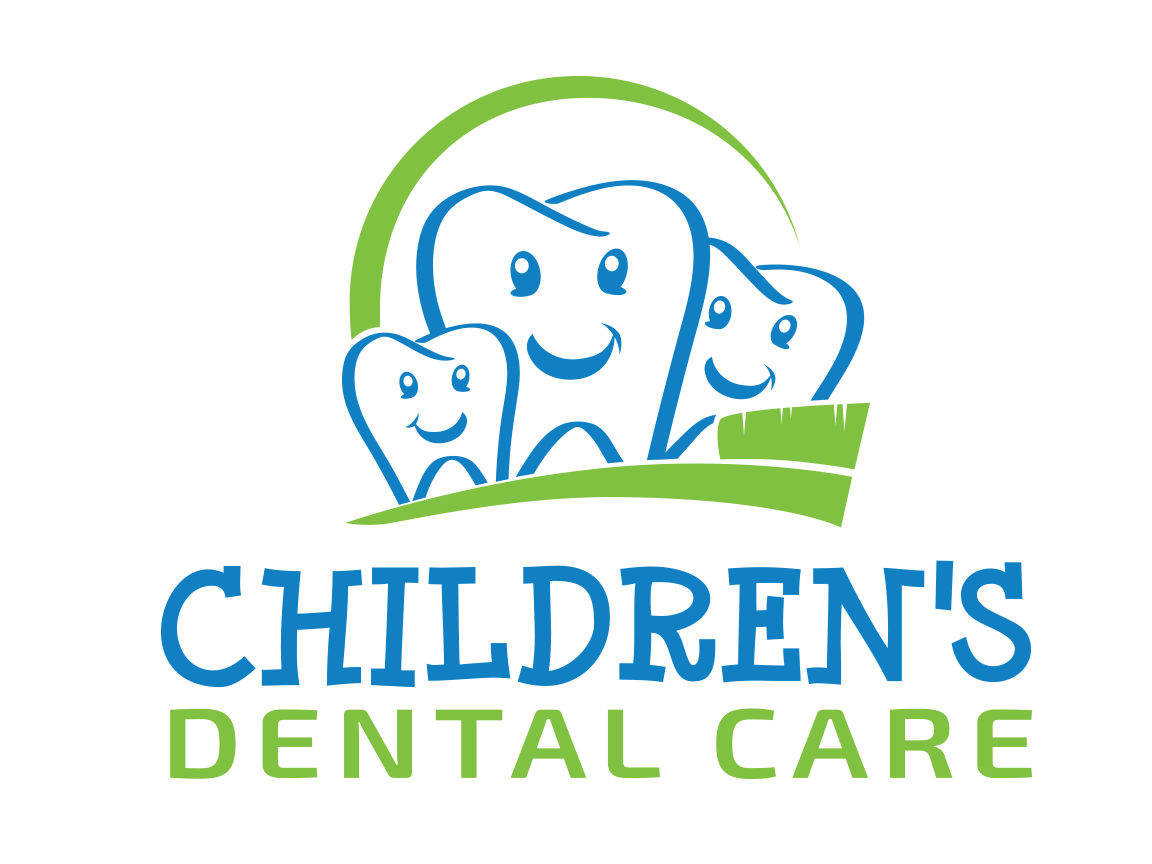Dental FAQs > Dental FAQs Category > Does Your Child Grind His Teeth At Night? (Bruxism)
Parents are often concerned about the nocturnal grinding of teeth (bruxism). Often, the first indication is the noise created by the child grinding on their teeth during sleep. Or, the parent may notice wear (teeth getting shorter) to the dentition. One theory as to the cause involves a psychological component. Stress due to a new environment, divorce, changes at school, etc. can influence a child to grind his or her teeth. Another theory relates to pressure in the inner ear at night. If there are pressure changes (like in an airplane during take-off and landing when people are chewing gum, etc. to equalize pressure) the child will grind by moving his jaw to relieve this pressure. Children who are very active, often "burn off energy at night" by grinding their teeth. Growing jaws can also sometimes result in grinding if one jaw grows more rapidly than the other. Disproportionate growth in jaws can be detected by your pediatric dentist.
The majority of cases of pediatric bruxism do not require any treatment. If excessive wear of the teeth (attrition) is present, then a mouth guard (night guard) may be indicated. The mouth guard can help to prevent wear to the primary dentition.
The good news is most children outgrow bruxism. The grinding gets less between the ages 6-9 and children tend to stop grinding between ages 9-12. If you suspect bruxism, discuss this with your pediatrician or pediatric dentist.
Last updated on June 7, 2010 by Children's Dental Care





